Boldly Go: Explore Mars, our Galaxy and Beyond
Thursday 23 March, QUT Gardens Point
Learn about the universe from the university for the real world. Enjoy panel discussions and Q&A with QUT experts Associate Professor David Flannery, Dr Selen Turkay and Dr Michael Cowley, hosted by space scientist Vanessa Zepeda.
Immerse yourself in interactive displays, showing how astronomers captured the night sky before space observatories, videos of Mars exploration, and virtual reality exploration of geology and space. There is also the chance to visit the rooftop observatory and view planets through our telescopes.
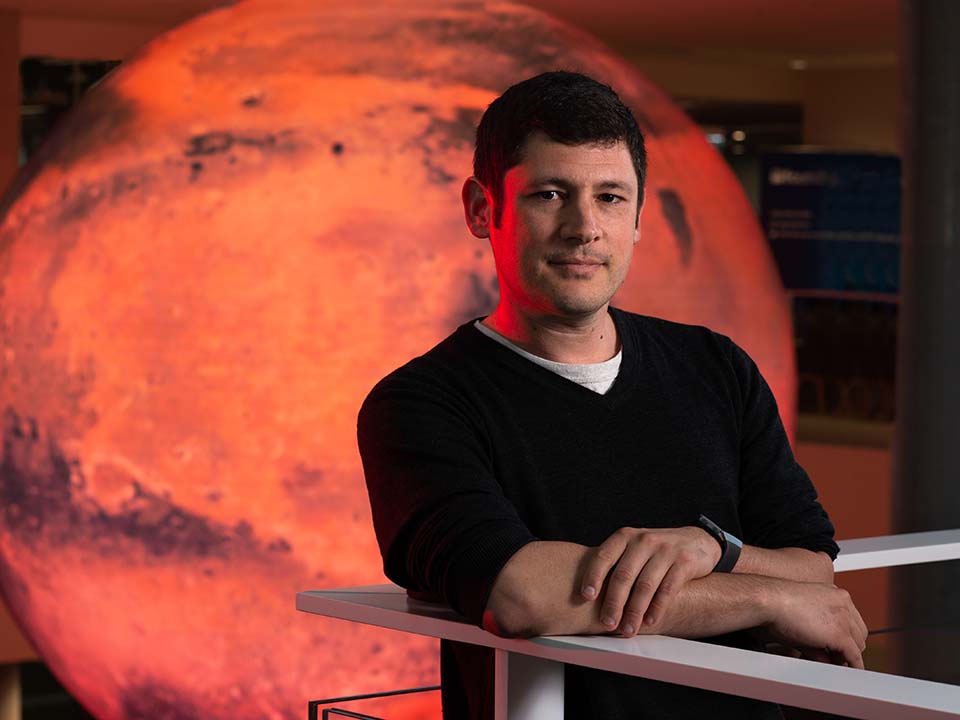
Small Steps and Giant Leaps: Science to Save the World
Saturday 25 March, QPAC
The world is full of great scientists and innovators who are constantly taking small steps and giant leaps of discovery to ensure a better life ahead, for us and our planet. Their missions include using data and virtual reality to help save the reef, transforming agriculture by growing more with less, and improving the air we breathe.
Join Paul Barclay Big Ideas RN, in conversation with an expert QUT panel, including Distinguished Professor Kerrie Mengersen, Distinguished Professor Lidia Morawska and Professor Sagadevan Mundree, as they share their amazing research and how it may benefit you and your loved ones in the (very) near future.
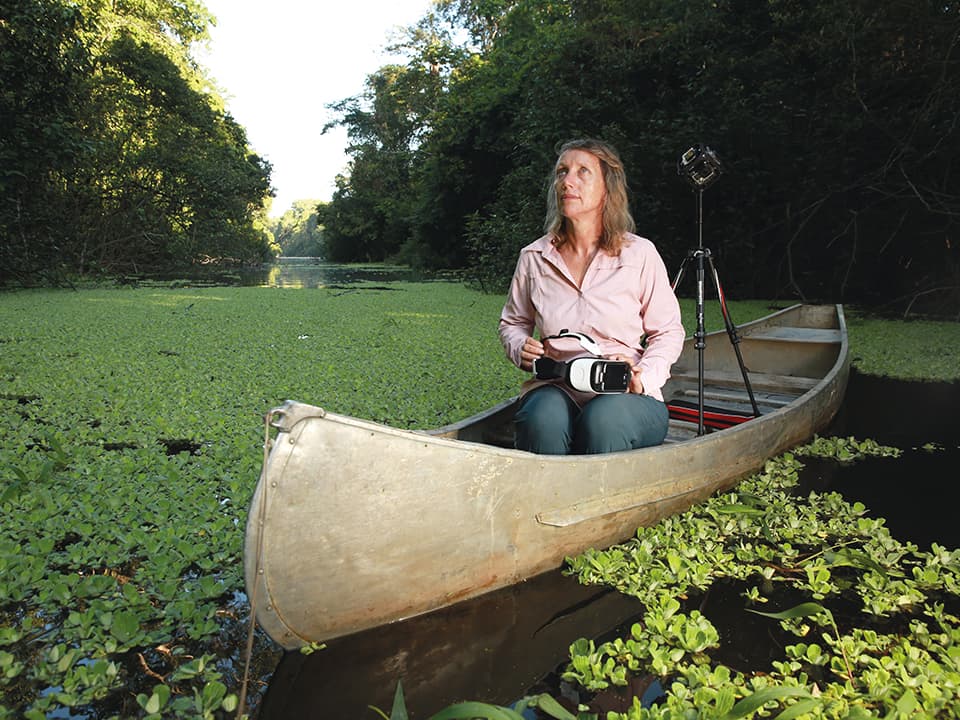
Igniting the Magic of Chemistry
Thursday 23 March, QPAC
This spectacular 60-minute stage show features QUT's leading chemistry experts revealing the magical powers of all things chemistry. They will unveil transformations, interactions and energy transfers of everyday materials, and demonstrate how chemists can use and understand chemical structures and processes to adapt, control and manipulate systems for economic, environmental and social needs.
Moderated by award-winning science writer and presenter Bernie Hobbs, this program is recommended for school students in grades 4-6.
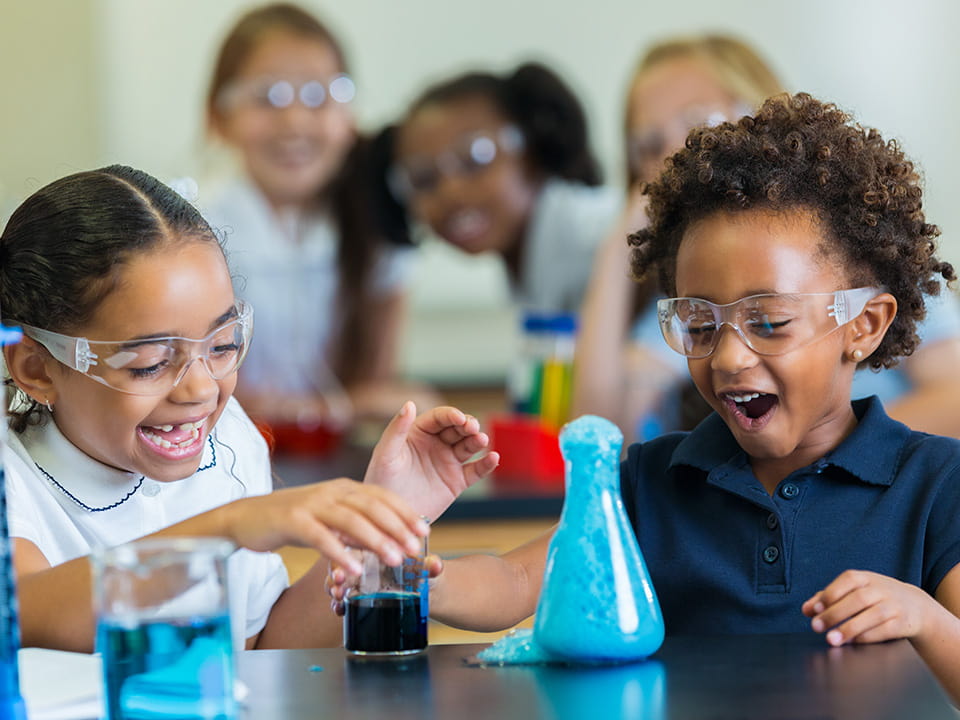
The Virtual and Physical World of Cycling
22-24 March, QUT Gardens Point
The future of sports performance modelling merges virtual with the physical, resulting in a new method for sports performance improvement which QUT has been quick to embrace. Our new state-of-the-art virtual cycling centre draws on the expertise of our leading researchers, bringing together both the physical and virtual worlds to engage users in sports and wellbeing activities.
Designed with QUT students and the broader Southeast Queensland community in mind, the centre delivers immersive and innovative sporting experiences drawing on latest technologies.
Bookings available Wednesday 22 to Friday 24 March, 2:00pm - 4:00pm.
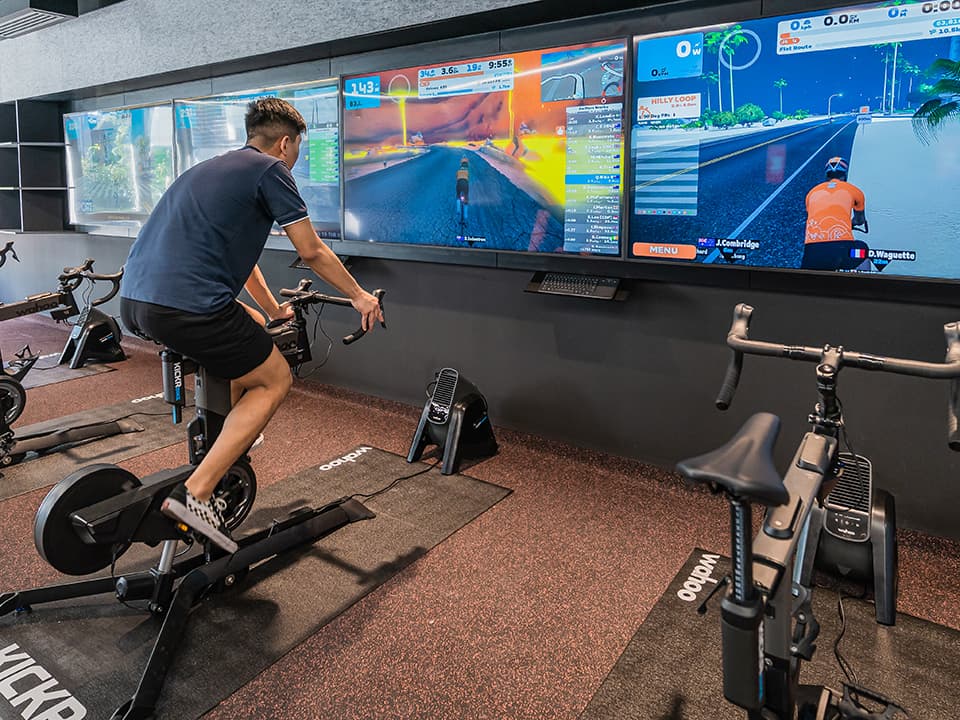
City of Science @ The Cube
22-26 March, QUT Gardens Point
One of the world's largest digital interactive display spaces, QUT's The Cube brings the newest research to the public through unique learning experiences. Immerse yourself in the following interactive exhibits during World Science Festival Brisbane:
- 22 and 23 March - BoldlyGo - Fly through the solar system, watch moons orbit in real-time, get up close to planetary surfaces, reveal constellations, and look into images of the most distant galaxies, nebulae, and deep-space phenomena.
- 24 and 25 March - Climate Futures: Air - Learn how our bodies, communities, cities, and our globe are impacted by what’s in the air we breathe, how global monitoring and observation assists us to act, and how the choices we make affect everyone.
- 26 March - The Living Reef - A hyper-realistic underwater experience of the Great Barrier Reef, featuring fish that have been programmed with complex artificial intelligence controlling their behaviours – they can look for food, avoid being eaten, or even swim in schools.
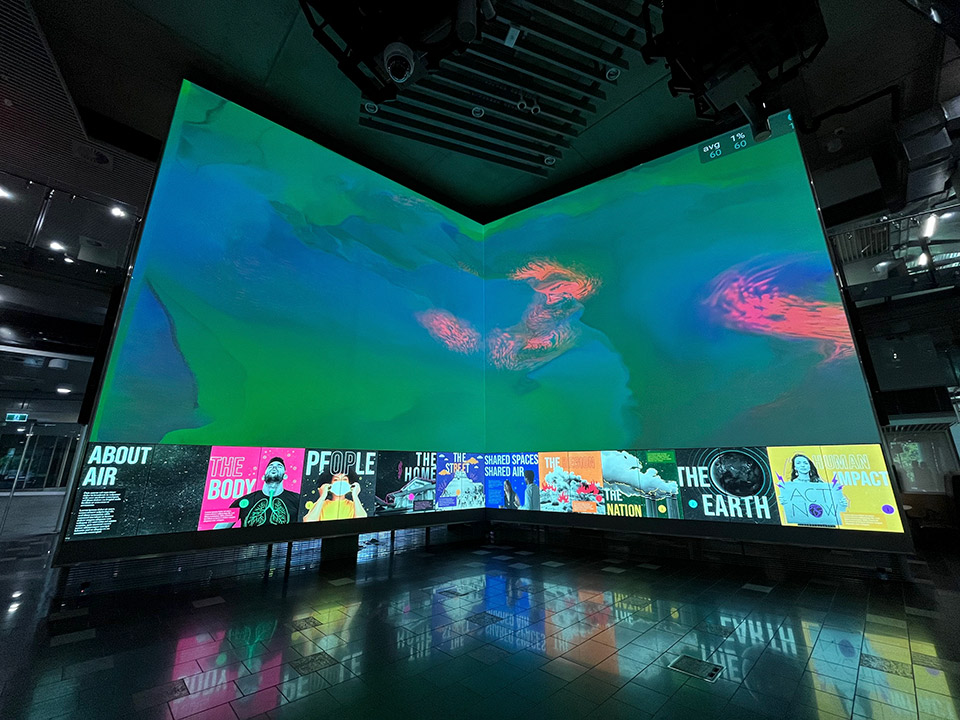
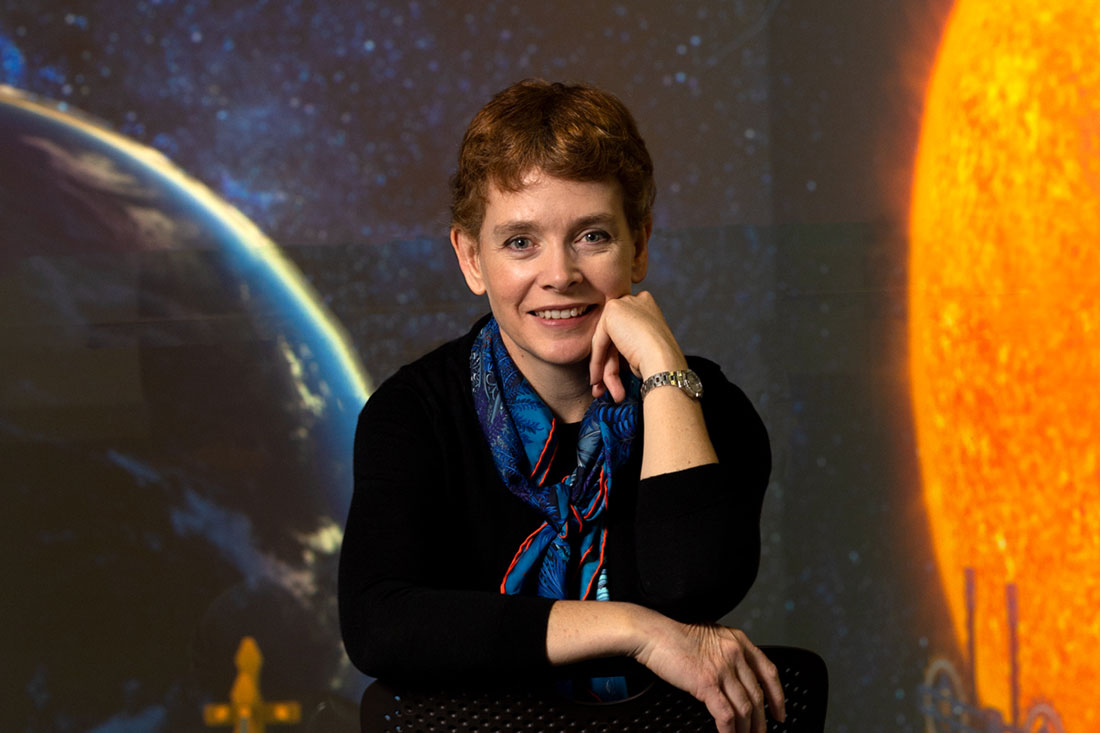
Think STEM. Think QUT
Studying science, engineering, technology and maths (STEM) at QUT opens a world of opportunities to achieve your full potential and forge a rewarding career.
STEM the tide
We support women in STEM to flourish and achieve their potential, from undergraduates to postgraduates, researchers, and a wide range of career professionals.
By creating a more diverse team of researchers, leaders and professionals, we're opening doors to new opportunities for women in STEM and providing new perspectives.
How we're stemming the tide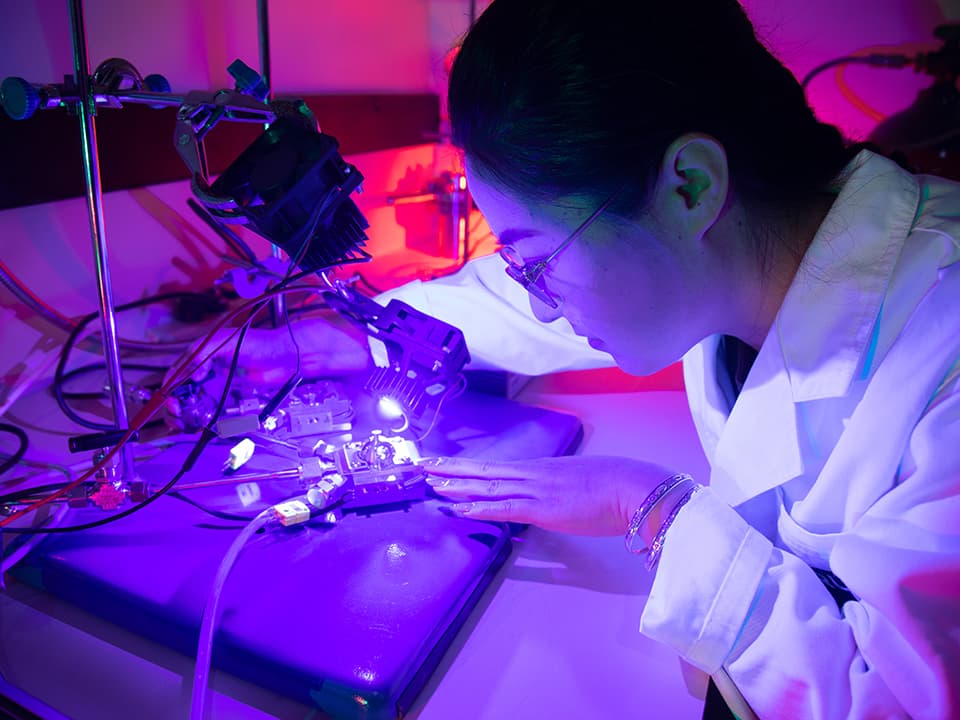
Our research
We tackle some of the biggest questions facing the planet.
Our transdisciplinary research approach delivers unique solutions.
Find out how our research is solving real-world problems.





